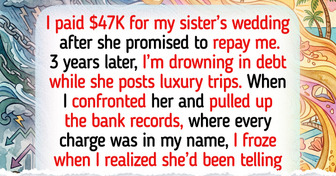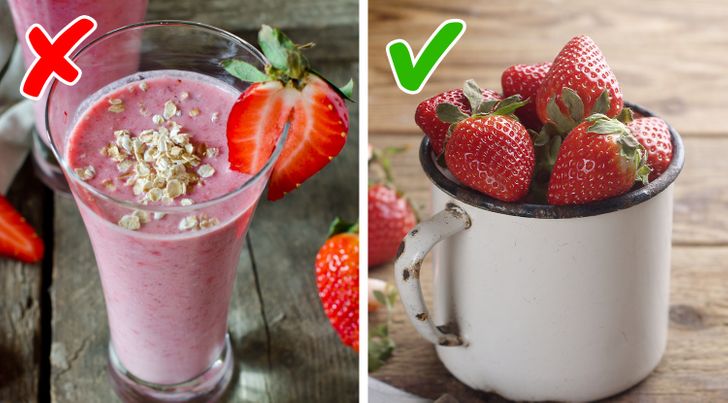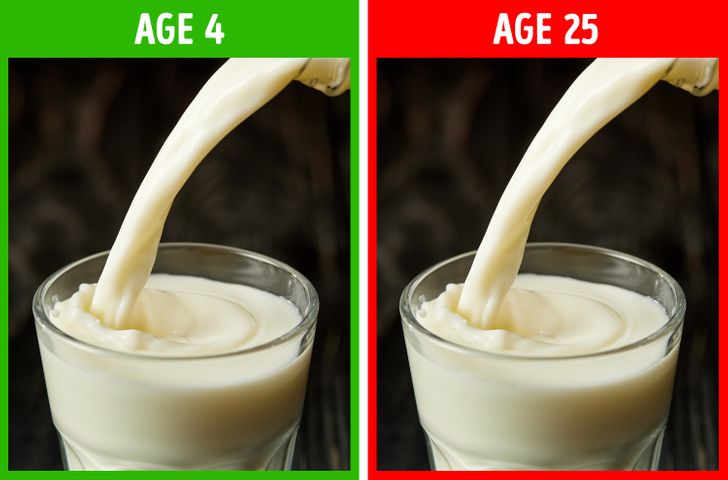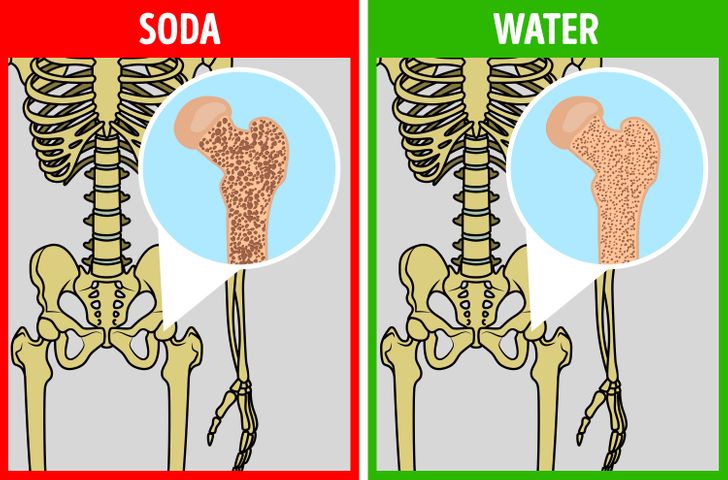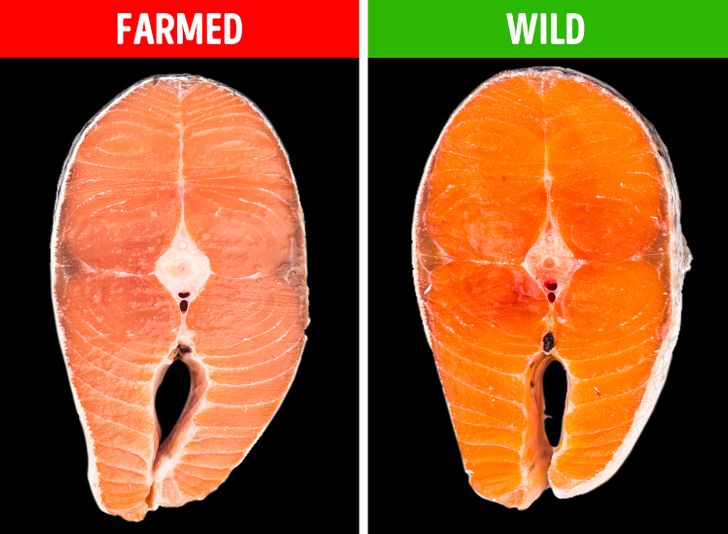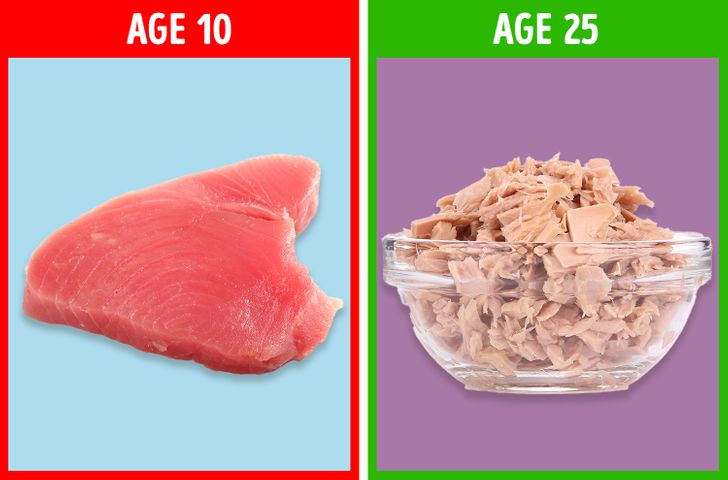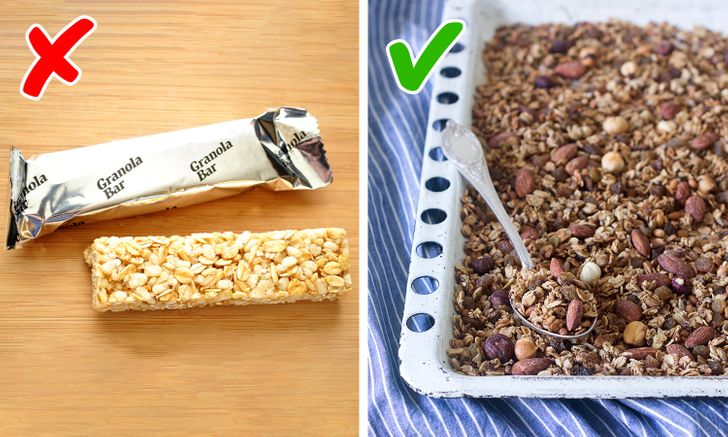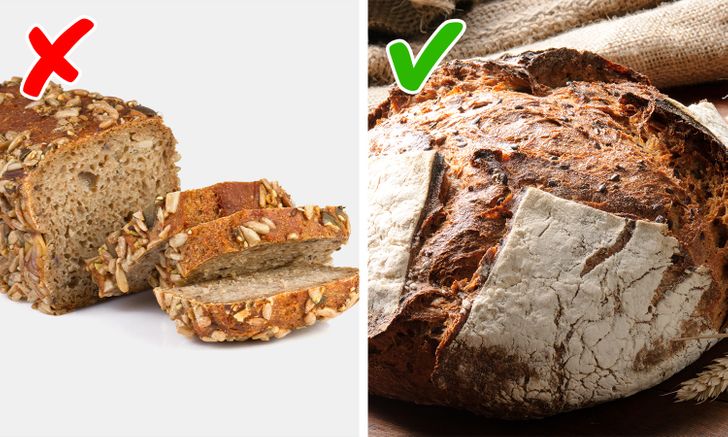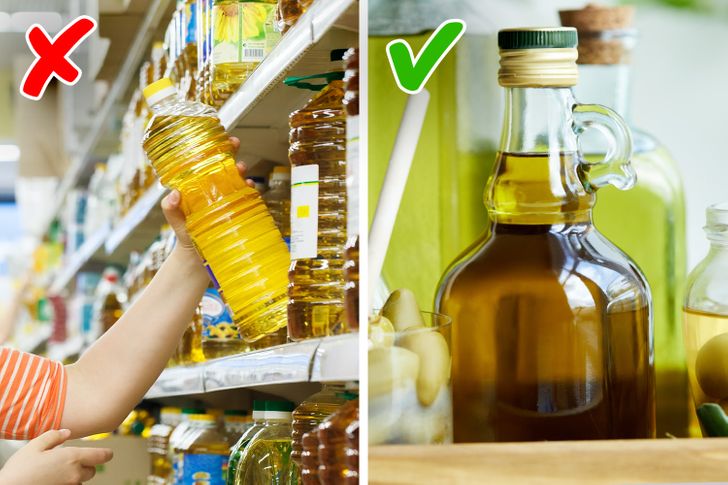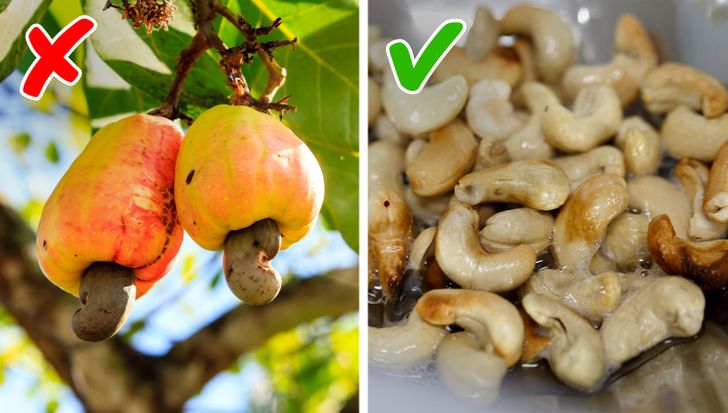is it good to add pure milk in our daly routines a ag3 25 ?
please guide
8 “Healthy” Foods That Can Actually Be Bad for You
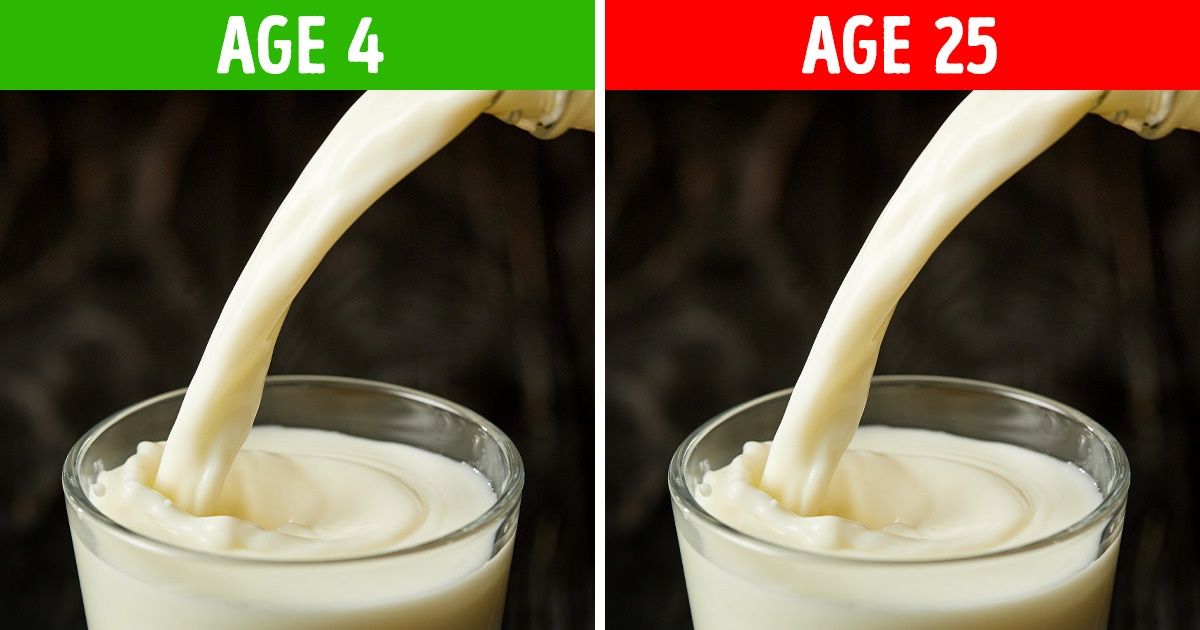
Eating healthy is just a matter of awareness. Unfortunately, the food industry has made it harder sometimes to actually know what is healthy and what is not, by placing misleading advertisements and labels on what is actually junk food.
Today, at Bright Side, we’ve researched which foods are bad for your health, despite claims that they’re healthy. We’ve also added a bonus at the end of the article, on naturally poisonous foods that have to be cooked to become edible.
Fruit Juices
That includes orange juice! For decades, the food industry has sold fruit juices and smoothies as a healthy alternative to regular fruit. Not only does it contain the same amount of sugars as soda, but also, it lacks vitamins and contains empty calories that won’t give you energy.
Instead: Eat regular fruit. If you really like juice, you can make it at home, but remember that it still contains a lot more sugars than eating the fruit normally.
Milk
Unlike what we’ve been led to believe, milk and dairy products are far from being essential to our diet. Although milk does contain absorbable calcium and vitamin D, if you drink a lot of it, you are probably exceeding the calories needed for a day. And, if you’re an adult, you might be at risk if you also eat meat and eggs regularly.
Instead: Think about your current diet, and decide on the amount of milk to consume accordingly. There are other sources of vitamin D, protein, and calcium that could help you enrich your diet without ingesting extra calories from milk.
Low-sugar calorie-free soda
Soda is currently not regarded as healthy, and most of the attention has been drawn to sugar intake. So the industry reacted to this and provided sugar-free and low-calorie options. But very little is said about how the phosphate content in these sodas can damage the mineral balance in your bones when doses are high. It might even create a vicious circle in which you feel tired and then drink more cola to feel awake.
Instead: Drink water! A cup of coffee or a cup of tea without sugar is also an alternative. Consider eating a piece of fruit if you feel like having something sweet.
Farmed salmon
Salmon is a great source of healthy fats and omega-3. Unfortunately, farmed salmon also contains a lot of toxins that are damaging to human health. Although various countries have adhered to new feed and pesticide control regulations for fish farms, the rising demand has led farmed fish concentrations to grow, which in turn creates the perfect environment for sea lice. In their efforts to fight lice, fish farmers have increased the use of chemicals.
Instead: If you don’t want to stop eating salmon, check its origin. Wild salmon is not necessarily healthy either. Do research online to find sustainable fish farms.
Tuna
Spanish authorities recently recommended not consuming tuna in any form for kids below 10 years old and pregnant women. This is due to the high levels of mercury found in tuna, which is a toxic metal that can cause nervous, digestive, or immune diseases.
Instead: Limit your consumption and look for fish coming from local lakes and properly regulated waters. Check the advisories in your country regularly.
Granola
Depending on the recipe used, granola can be very unhealthy due to the high doses of sugar it contains. Most of the time, dried fruit is added too, which elevates its sugar content even more. Although granola in itself isn’t harmful, high doses of sugar can threaten your health. The honey used by commercial brands can also be highly processed, which often contains hidden sweeteners, or even corn syrup.
Instead: Make your own granola at home with no sugar and good quality honey. If you opt for commercial muesli or granola, check the nutritional facts to avoid fake-healthy or high-sugar mixtures. Mind your portions regardless of whether it’s homemade or not.
Whole grain bread
Bread is pretty high in calories and low in vitamins, and even fiber. Sliced white bread already contains up to 1.4 grams of sugar per slice and the typical packaged whole-wheat bread can have anywhere between 3-4 grams of sugar per slice.
Instead: Bread in moderate quantities is a good complement to your diet, but it’s better if you can buy bread without added sugars, especially if it’s whole grain. It is often sold at local bakeries and not at the supermarket.
Olive oil
Olive oil is perhaps one of the healthiest oils you can consume. Unfortunately, when people talk about olive oil they often forget that most of those benefits come from extra virgin olive oil (EVOO). Bottles labelled “Pure olive oil” contain processed oil that will last longer, but that is also lower in nutrients and packed with chemicals.
Instead: Limit olive oil consumption to about 3 tablespoons a day and only buy EVOO.
Bonus: Foods that are poisonous without being cooked
We’ve talked, thus far, about food that could endanger your health without you knowing, but some of the most common foods we eat are actually just as dangerous if not properly cooked or treated. Nutmeg, for example, if consumed in large quantities, can cause hallucinations. Cashew shell oils can cause an immediate allergic reaction just like potato plants and sprouts. Cassava, a common ingredient in Africa and Asia, contains cyanide, a mortal poison. So it has to be boiled to be edible.
Do you know any other food that has been labeled as healthy, but that is actually dangerous? How has food awareness changed your habits? Let us know in the comments and share useful tips with other readers!
Comments
as i can see this article says we should not drink milk daily as there are other sources of gaining vitamins and protien. we should think about our diet .
just live life gosshhhh
My doctor told me in the past that milk is really bad for acne
Lmaooo "dairy is bad" and that's when I stopped reading 🤣🤣🤣
Related Reads
What Would Happen If You Replaced All Drinks With Water
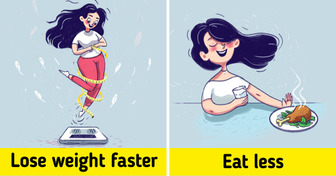
11 People Who Chose Humanity Over Hatred in the Darkest Moments
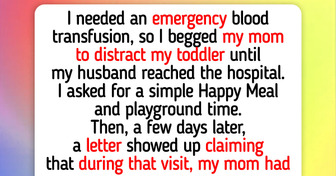
10 Jaw-Dropping Stories Where One Moment Changed Everything

I Refuse to Work Three Unpaid Weekends to Prove Loyalty — HR Got Involved

I Refuse to Forgive My Wife for What She Did to My Son

I Won’t Sacrifice My Last Good Years Because My Son Refuses to Grow Up
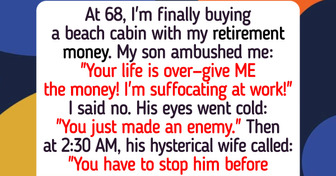
I Funded My Wife’s Luxury Demands—She Made Me Regret Every Penny

My Husband Promised to Stop Watching Me Through the Cameras—He Lied
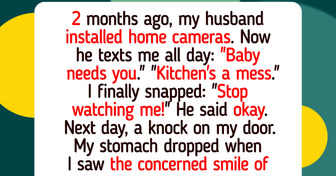
I Refused to Let My Teenage Daughter Lock Her Phone, and She Turned My Rule Into a Family Crisis
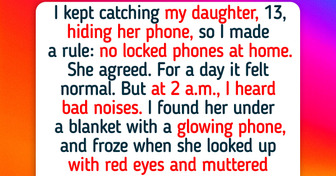
12 Life Moments Where Quiet Kindness Played the Main Role

12 Quiet Acts of Kindness From Coworkers That Changed a Career Forever
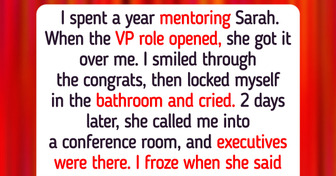
I Refuse to Let My Sister Get Away Without Repaying My Money, I’m Not Charity
